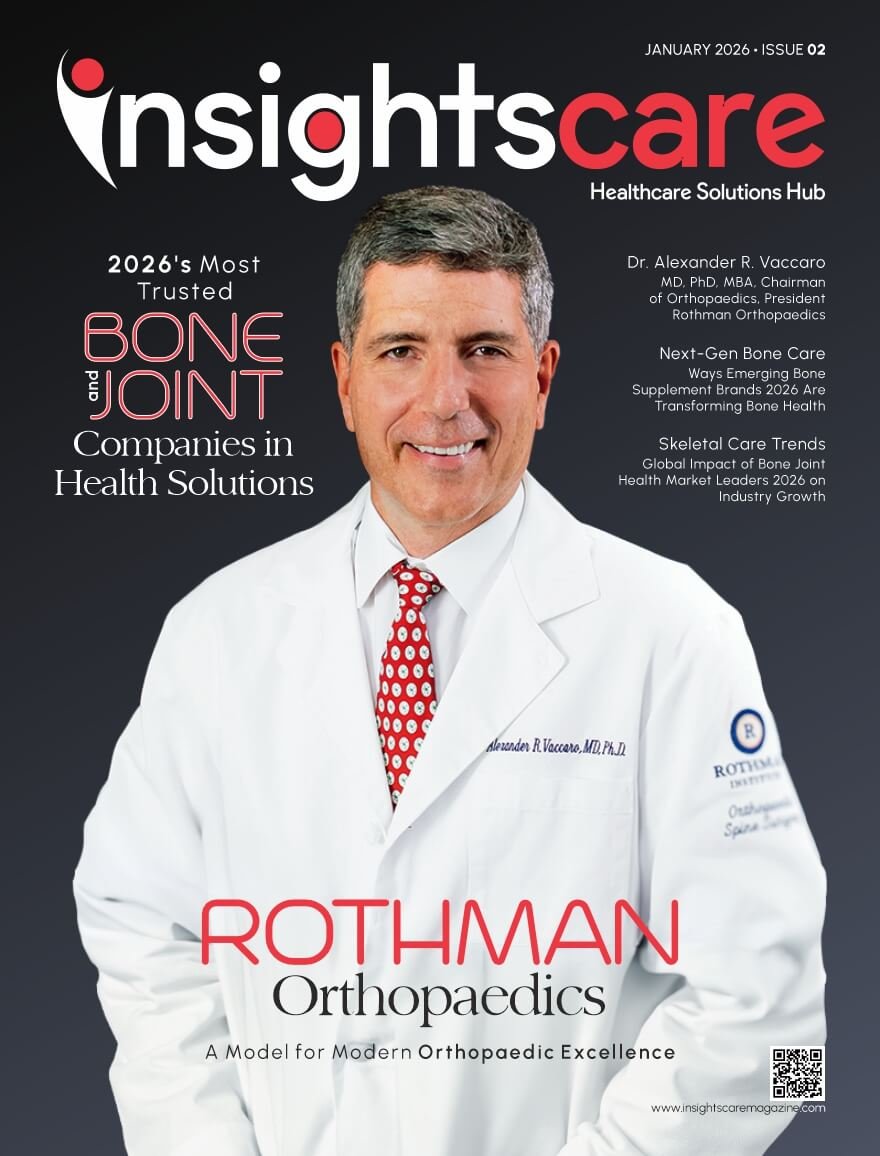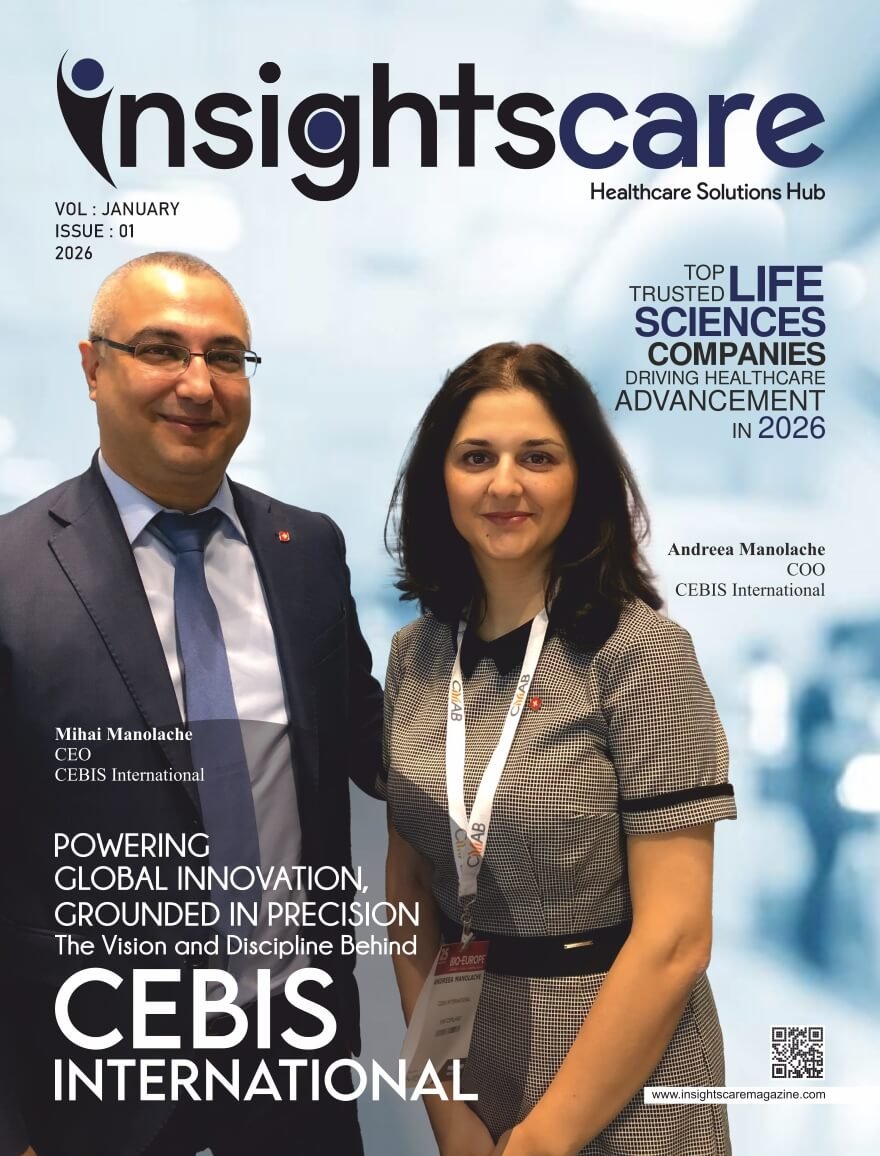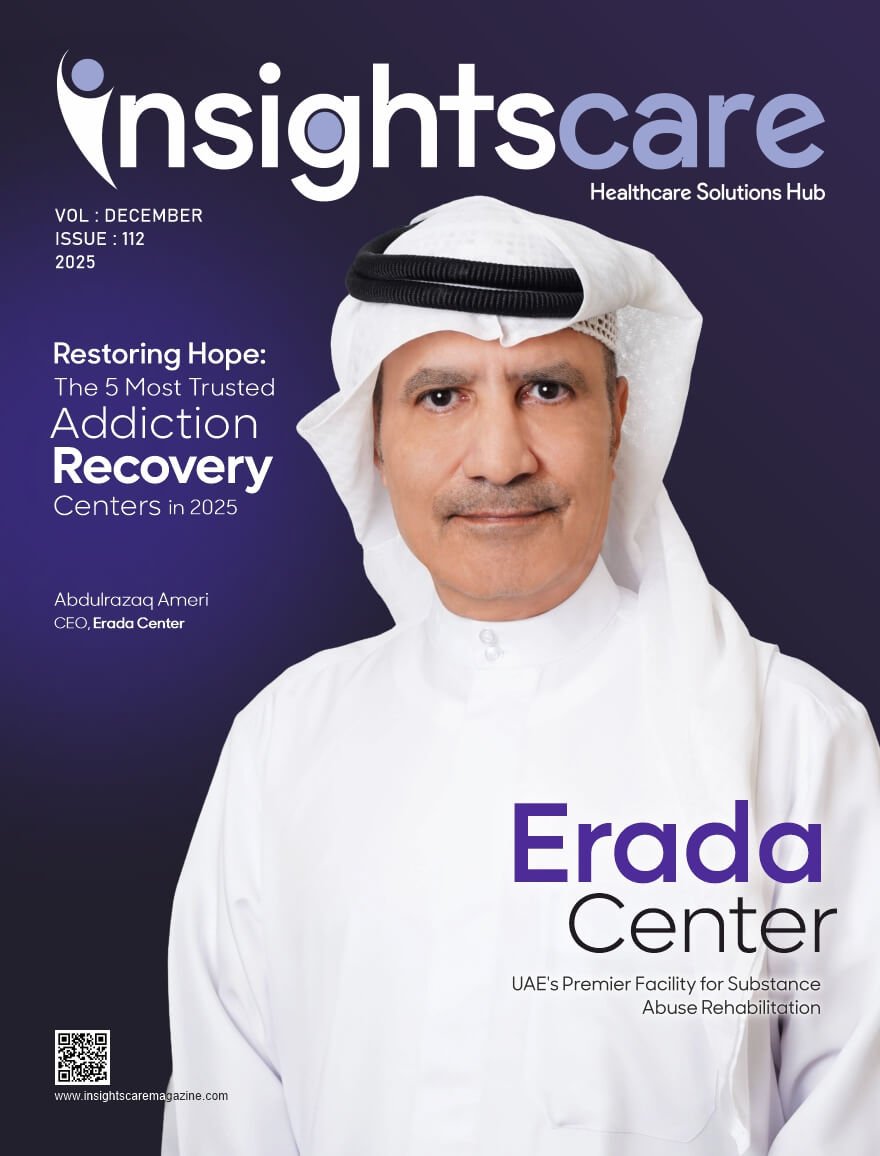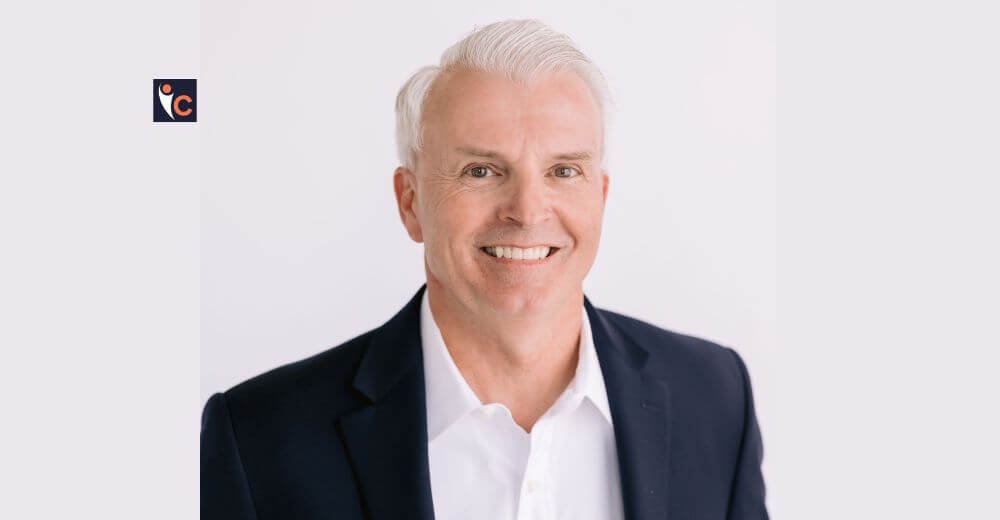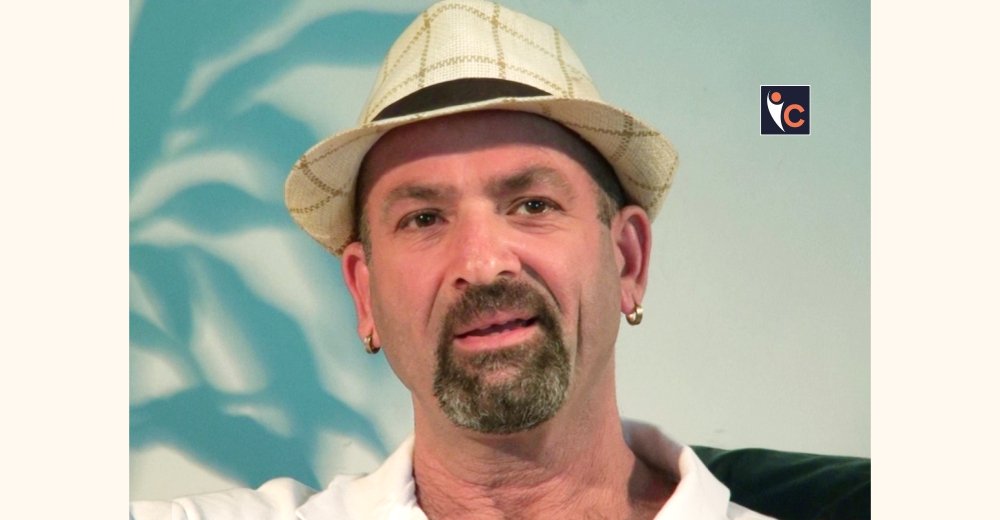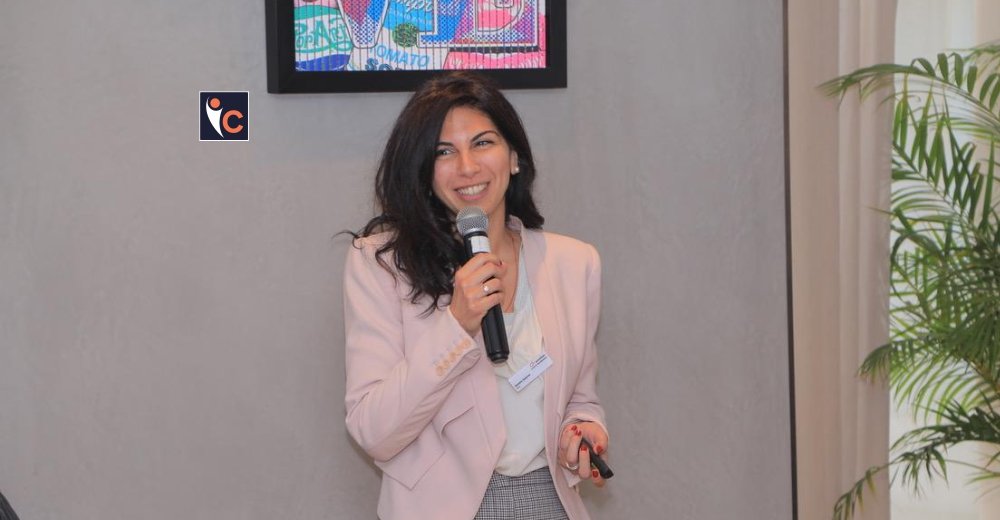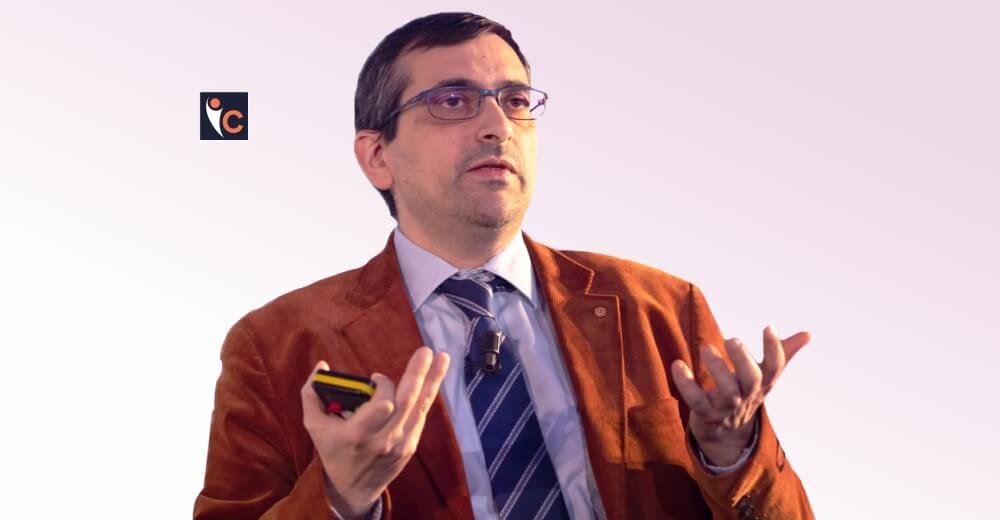Raising a child with cerebral palsy brings a lot of challenges—not just medical ones, but everyday ones too. Families are often trying to find the right support and figure things out as they go. That’s where UCP of Sacramento and Northern California really helps. They don’t offer quick fixes—they listen, they understand, and they stick with families every step of the way.
UCP has been part of the community for decades, and their work has grown in a way that feels thoughtful and grounded. It’s not about flashy programs. It’s about what actually helps—giving parents a break when they need it, helping adults with disabilities build real independence, and creating opportunities that remind people their lives aren’t defined by a diagnosis.
Doug Bergman, President and CEO of UCP of Sacramento and Northern California, really gets it. He talks about UCP’s mission not as a service list, but as a promise—that people with disabilities deserve to live fully, and that families shouldn’t have to do this alone. That mindset runs through everything UCP does. It’s practical. It’s human. And it makes a lasting impact.
Let’s delve into the interview details below!
Can you tell us about your journey into the field of healthcare and what led you to specialize in cerebral palsy treatment?
UCP of Sacramento and Northern California was established in the Greater Sacramento area in 1955. In 1955, parents of children with CP were told to send their children to a state institution for the lifetime of the child. Families believed their children deserved better and could be, should be active members of the community, thus UCP of Sacramento and Northern California was born.
What makes your organization stand out in the treatment and care of children with cerebral palsy?
UCP of Sacramento and Northern California, while focused on supporting children, adults, and their families with CP when launched, has become so much more. Through working with families with CP, UCP learned that all families with children of developmental disabilities needed support. While not an agency providing medical treatment, UCP does provide critical programs and services that help with the learning, development, and independence of those with a developmental disability. UCP has four program divisions of Family Respite, Transportation, Adult Programs, and Recreation. Through the four divisions, UCP serves over 3,100 individuals.
What recent advancements or innovations in cerebral palsy treatment are you most excited about?
We are very excited about the technological advancements that have been established for those with CP or any intellectual disability. The advancements have allowed for additional body movement, assistance with the ability to communicate, along with tools that help individuals be more independent and do more on their own.
What challenges do healthcare providers face when treating children with cerebral palsy, and how do you address them?
For us at UCP and with the services we provide, when working with individuals with CP or any intellectual disability, our biggest hurdle can be not being able to serve everyone. We are constantly hiring; the more direct service providers we have on staff, the more people we can serve, but we never seem to have enough staff to serve all. We unfortunately do have waitlists.
How does a multidisciplinary approach benefit children with cerebral palsy, and what role does your team play in this approach?
UCP uses the person-centered approach, meaning for programming we focus on each individual’s needs. From children to adults we serve, UCP staff work to understand the individual needs of each person who attends our programming. For Respite, we understand what is needed in the home, for adult programs, we have an individual plan for each participant for learning and developing; and for recreation, we use core goals for all the programs. For much of the life of a person with a developmental disability, they have been told where to go, what to do, what their limits are, and more. At UCP, we work with individuals to support them in growing their confidence, their skills, and their independence so they can do what they want to do and not put limits on their abilities.
Can you share a success story that highlights the impact of your treatment on a child with cerebral palsy?
When UCP says “life without limits,” we mean it. Throughout the Recreation Division, not only have we partnered with the community to ensure accessibility and access and created connections for families and friends, but we have also made what many thought impossible possible. In the last two years we have taken families skiing in collaboration with Achieve Tahoe and we have taken families scuba diving in collaboration with the Monterey Bay Aquarium. These experiences are life-changing, not only for the children but also for the parents/guardians as well.
Looking ahead, what are some of your goals for the future of cerebral palsy treatment?
UCP is continuously looking ahead and asking what we are missing, what are the needs are for the families, children, and adults who come to us for programs and support. As we look ahead, we are looking at expansion of programs, adding a new drop-in respite/recreation program, and expanding our recreation services.
What advice would you offer to healthcare professionals or organizations striving to improve care for children with complex neurological conditions like cerebral palsy?
At UCP, we have four main values: communicate, serve, grow, and sustain.
We believe it is important to meet families where they are, continue to offer care not only physically where they are, but also where they are psychologically, and be sure to provide the family with options. Continue to embrace innovation and adaptability, build systems that are resilient but adaptable, be open to technology. Scale thoughtfully, focus on sustainable growth while maintaining high quality of care. And stay mission and community focused, keep the mission in the heart of every decision and engage with the community to ensure services are relevant, inclusive, and impactful.
The mission of UCP of Sacramento and Northern California is to provide programs and services that improve the independence, productivity, and quality of life for people with developmental disabilities and their families.
UCP of Sacramento and Northern California services over 3,100 program participants throughout the Greater Sacramento Region, including Sacramento, Yolo, El Dorado, Placer, and Nevada counties.


